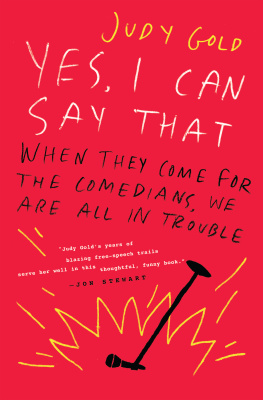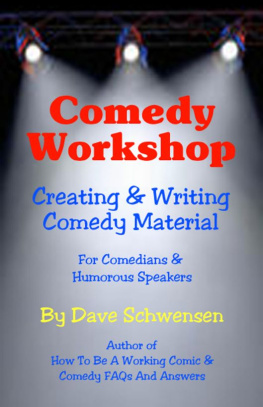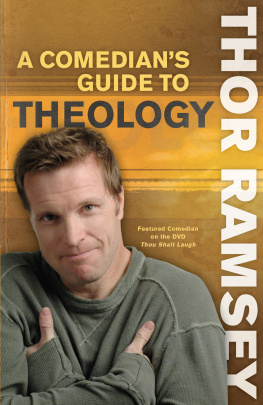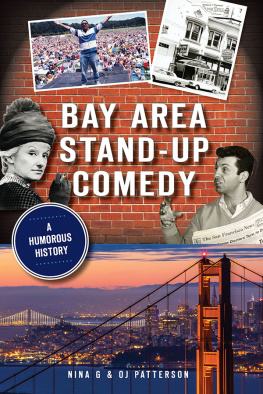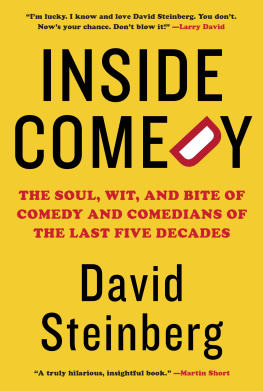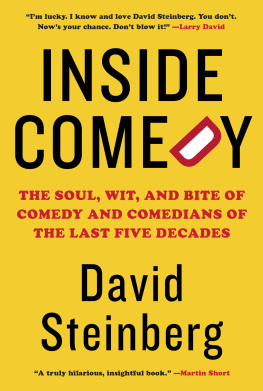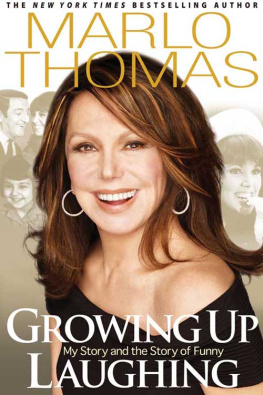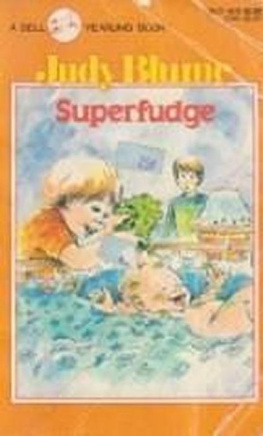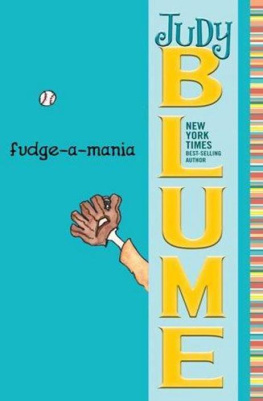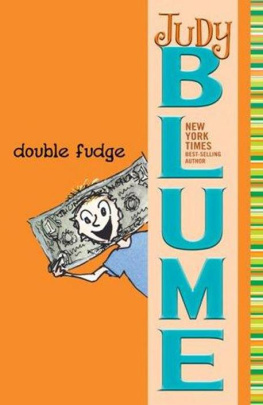Judy Gold - Yes, I Can Say That: When They Come for the Comedians, We Are All in Trouble
Here you can read online Judy Gold - Yes, I Can Say That: When They Come for the Comedians, We Are All in Trouble full text of the book (entire story) in english for free. Download pdf and epub, get meaning, cover and reviews about this ebook. year: 2020, publisher: HarperCollins, genre: Home and family. Description of the work, (preface) as well as reviews are available. Best literature library LitArk.com created for fans of good reading and offers a wide selection of genres:
Romance novel
Science fiction
Adventure
Detective
Science
History
Home and family
Prose
Art
Politics
Computer
Non-fiction
Religion
Business
Children
Humor
Choose a favorite category and find really read worthwhile books. Enjoy immersion in the world of imagination, feel the emotions of the characters or learn something new for yourself, make an fascinating discovery.
- Book:Yes, I Can Say That: When They Come for the Comedians, We Are All in Trouble
- Author:
- Publisher:HarperCollins
- Genre:
- Year:2020
- Rating:4 / 5
- Favourites:Add to favourites
- Your mark:
Yes, I Can Say That: When They Come for the Comedians, We Are All in Trouble: summary, description and annotation
We offer to read an annotation, description, summary or preface (depends on what the author of the book "Yes, I Can Say That: When They Come for the Comedians, We Are All in Trouble" wrote himself). If you haven't found the necessary information about the book — write in the comments, we will try to find it.
No one makes me laugh harder than Judy Gold. If I had to pick one comedian to write a book about free speech, it would be Judy. Amy Schumer
From award-winning comedian Judy Gold, a concise, funny, and thoughtful polemic on the current assault on comedy, that explores how it is undermining free speech and a fundamental attack against the integrity of the art.
From Mae West and Lenny Bruce to Richard Pryor and Howard Stern to Kathy Griffith and Kevin Hart, comedians have long been under fire for using provocative, often taboo subjects to challenge mores and get a laugh. But in the age of social media, comedians are at greater risk of being silenced, enduring shaming, threats, and damaged careers because of angry, censorious electronic mobs.
But while comedians work has often been used to rile up detractors, a new threat has emerged from the left: identity politics and notions like safetyism and trigger warnings that are now creating a cultural and political standard that runs perilously close to censorship. From college campuses to the Oscars, comics are being censured for old jokes, long-standing comedy traditions, unfinished bits and old material that instead of being forgotten, go viral.
For comics like Judy Gold, todays attacks on comics would have Richard Pryor and Lenny Bruce rolling in their graves. No one has the right to tell comics what they can or cannot joke about. Do you tell artists what they can or cannot paint? she asks. Freedom of speech is fundamental for great stand-up comedy. Humor is the most palatable way to discuss a subversive or taboo topic, but it better be funny. A comics observations are deliberately delivered to entertain, provoke, and lead to an exchange of ideas. We are truth tellers. More important, the tolerance of free speech is essential for a healthy democracy.
In addition to offering readers a quick study on the history of comedy and the arts (noting such historical reference points as The Hays Code) and the threats to them, Gold takes readers on a hilarious ride with chapters such as Thank God Don Rickles is Dead, as well as her singular take on micro-aggressions, such as:
Person: OMG! Youre a lesbian? I had no idea. I mean you wear make-up. When did you become a lesbian?
Judy Gold: Coincidently, right after I met you! (micro-assault!)
In this era of fake news, partisan politics, and heated rhetoric, the need to protect free speech has never been greater, especially for comics, who often serve as the canaries in the coalmine, monitoring the health of our democracy. Yes I Can Say That is a funny and provocative look at how safe spaces are the very antithesis of comedy as an art formand an urgent call to arms to protect our most fundamental Constitutional right. Theres a good reason it was the FIRST amendment.
Judy Gold: author's other books
Who wrote Yes, I Can Say That: When They Come for the Comedians, We Are All in Trouble? Find out the surname, the name of the author of the book and a list of all author's works by series.

